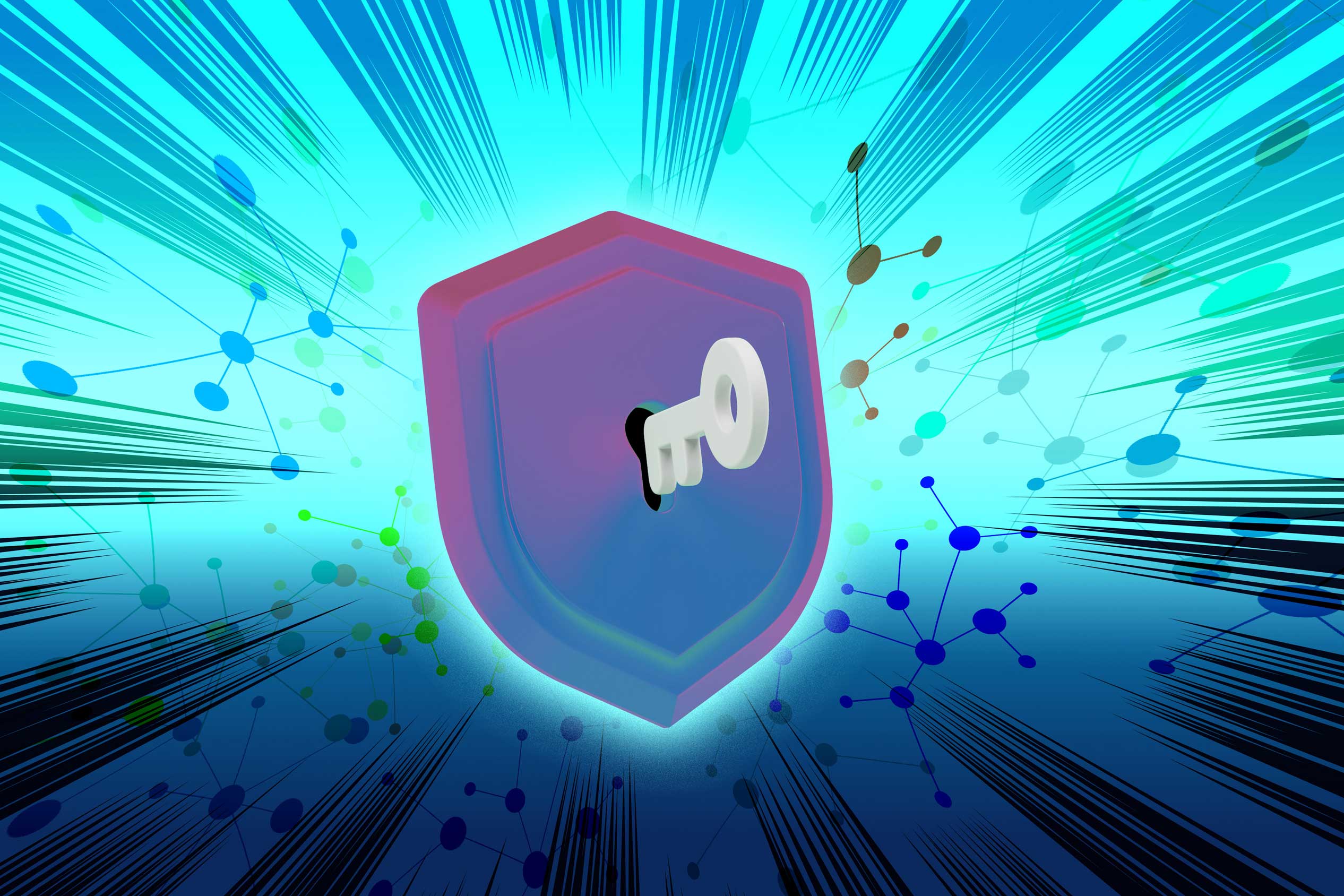Mit
1w
130

Image Credit: Mit
New method efficiently safeguards sensitive AI training data
- MIT researchers have developed a framework based on PAC Privacy to protect sensitive data in AI models.
- The new PAC Privacy framework is more computationally efficient and minimizes the tradeoff between accuracy and privacy.
- Researchers have created a four-step template to privatize various algorithms without needing to access their inner workings.
- The team demonstrated that stable algorithms are easier to privatize using their method, as stable algorithms produce consistent predictions.
- The use of PAC Privacy estimates the minimal noise required to protect an AI model's training data, enhancing privacy with minimal utility loss.
- The new variant of PAC Privacy estimates anisotropic noise tailored to specific data characteristics, reducing overall noise while maintaining privacy levels.
- More stable algorithms exhibit less variance in their outputs, requiring less noise for privatization, according to the research.
- The researchers aim to explore co-designing algorithms with PAC Privacy for enhanced stability, security, and robustness from the outset.
- The study showed that the new PAC Privacy requires fewer trials to estimate noise and successfully withstands state-of-the-art attacks in simulations.
- The research marks a step towards automated and efficient private data analytics without requiring individual query analysis, as highlighted by Xiangyao Yu.
Read Full Article
7 Likes
For uninterrupted reading, download the app